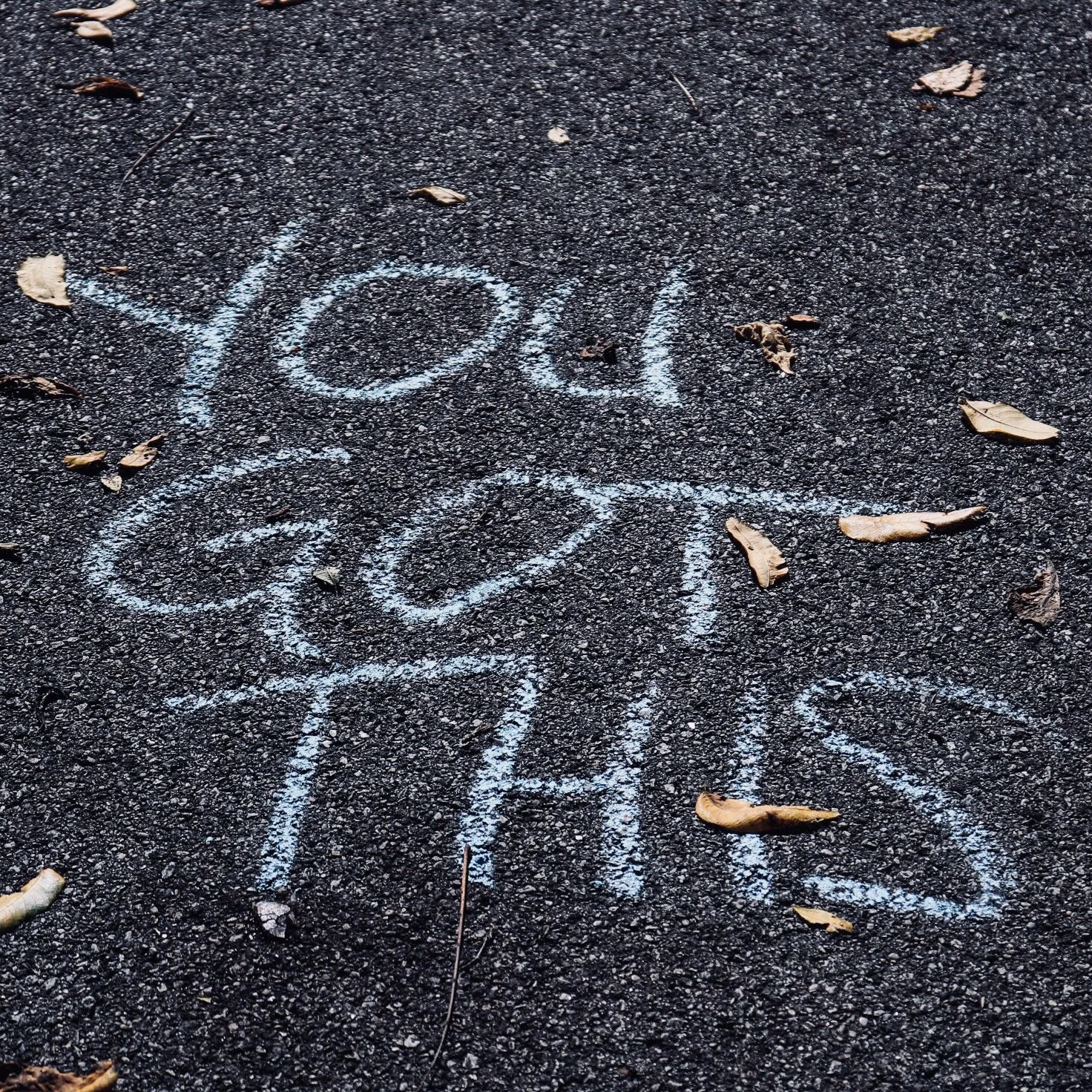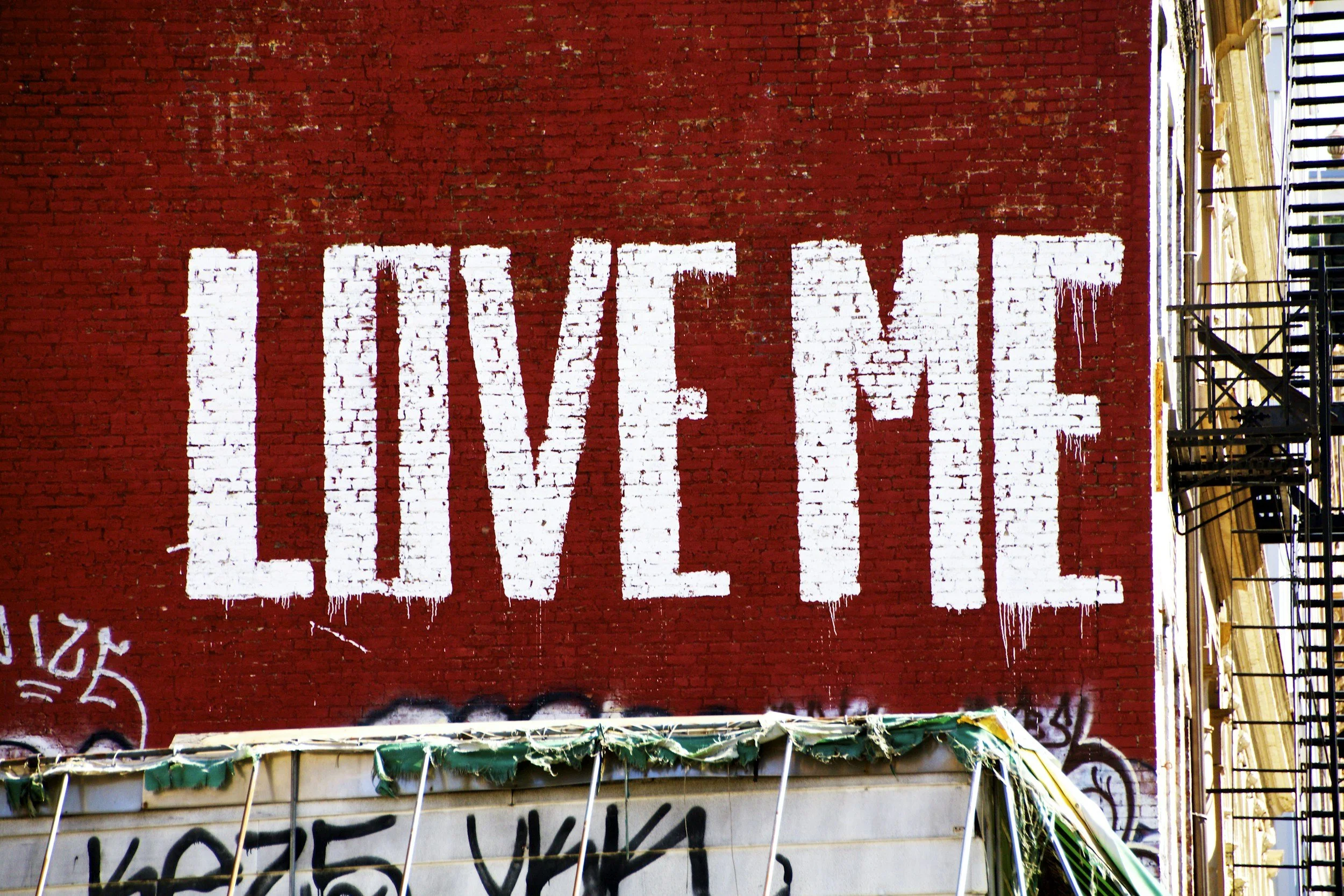How to love thyself
In my last post, I wrote about my go-to book on love. How even after dozens of readings of How to Love, by the Buddhist Monk Thich Nhat Hanh, I’d come away with something new.
You can only love another when you feel true love for yourself.
Then came the questions.
Take this email from a former beau friend who still reads my blog. He asked:
What is true love for yourself? How do you know you have it? What does it look like when you get there?
Other people called and wrote. So I did a bit of research. Called some friends. And dug deep into my heart.
I figure a follow up post could help me—help us—know what we’re shooting for.
Before we can love ourselves, we must know ourselves. This is the crux of it. By paying attention, we will notice what Pema Chödrön calls our propensities—to be bothered, to try to control, or to act out of fear, or jealousy, or rage. If we can see our triggers and habits as they arise, we also can be grateful for the opportunity they present. We can understand and accept ourselves as we are.
Our choices tell us a lot. When we buy something, wear something, or tell a story to a lover or friend, is it to impress or to reveal? Are we hiding behind a persona or living a truthful life? Does our stuff create joy or is it a burden? When we love ourselves, we know what we want and why. We stop worrying what other people think of us. We stand on solid ground.
We believe we’re enough. When we love ourselves, we can ignore our inner critic—even when we rear-end the car in front of us, or blurt out something stupid that makes our best friend cry. We can trust our instincts because we know they’re good and true. We’re willing to take a big swing on something completely random and potentially wonderful because the worst thing that can happen is we’ll fall hard, get up, and begin again.
Some days I feel pretty dialed in on self love. And I hope you do too. Because—at least for now—we’ve got science on our side.
Studies show that self-esteem—which correlates with self love—increases through adulthood and peaks at age 60. Then comes the slide into declining health, loneliness, and obsolescence.
Or so they say.
But if we master self love now, we can be the outliers.
We can leave the house and the car unlocked because our stuff doesn’t matter. We can quit our jobs or take a gap year or keep working as solopreneurs. We can forgive the many messes we’ve made of love.
We can trust that self love will be the most lasting love of all.





